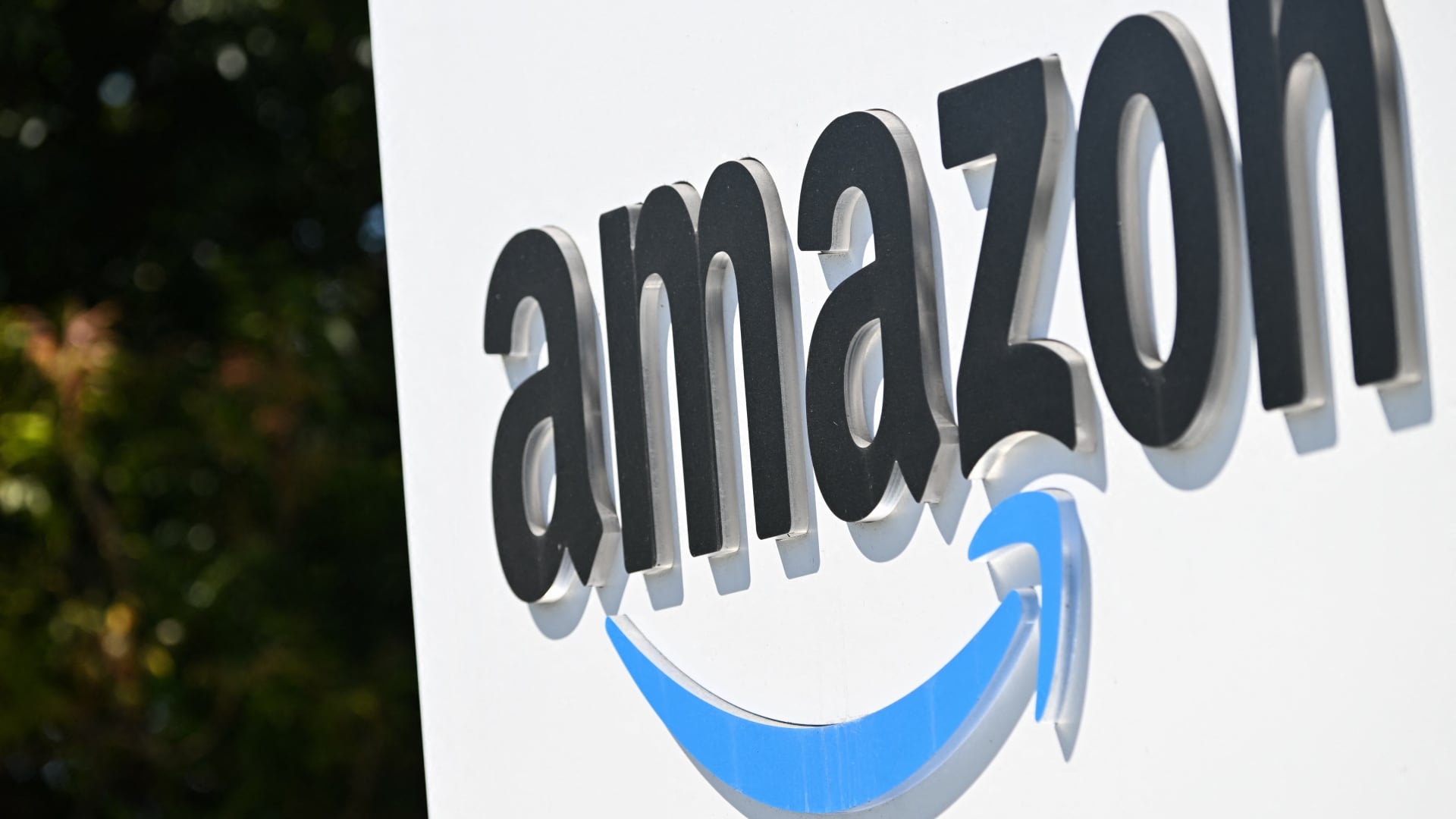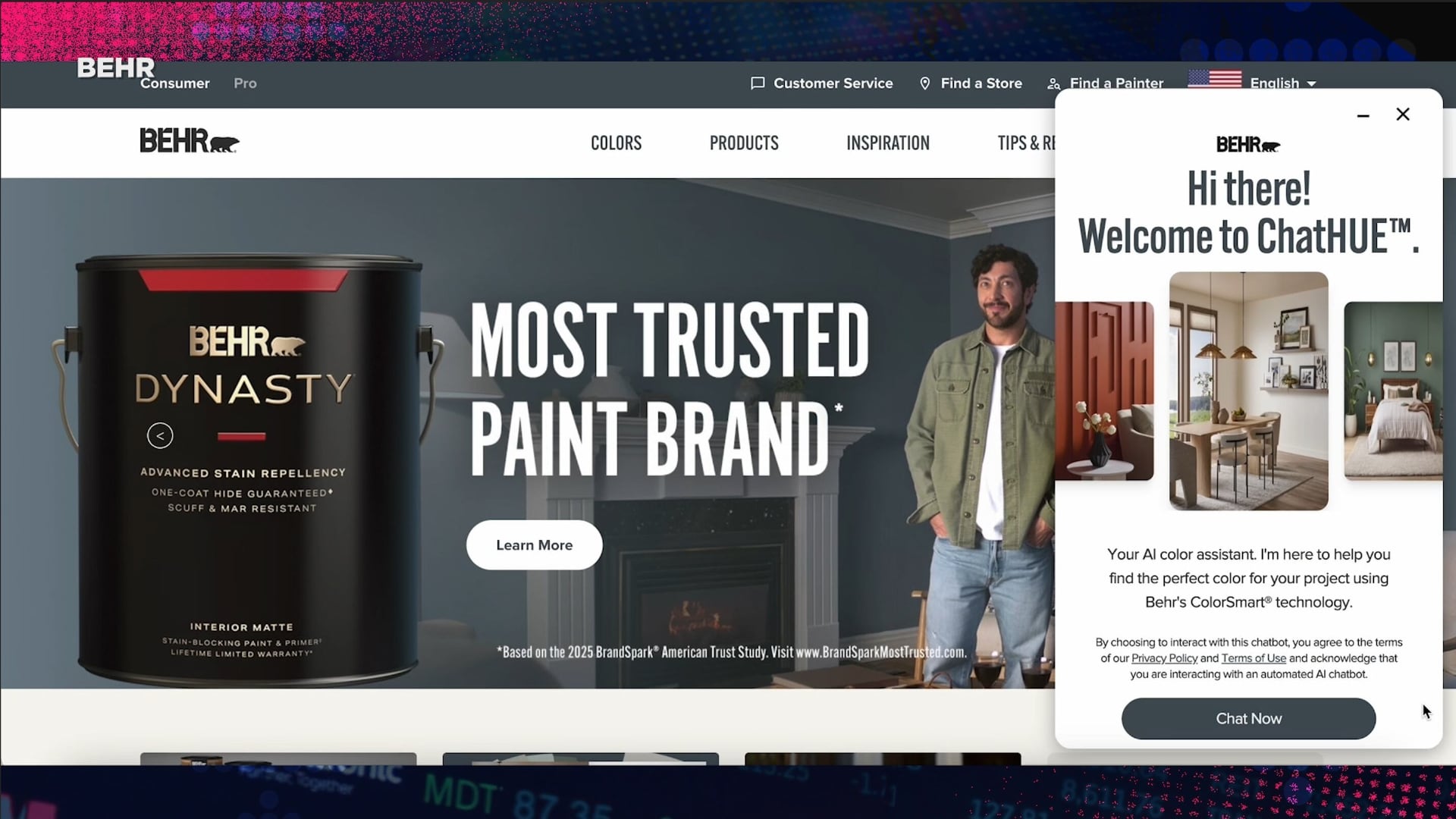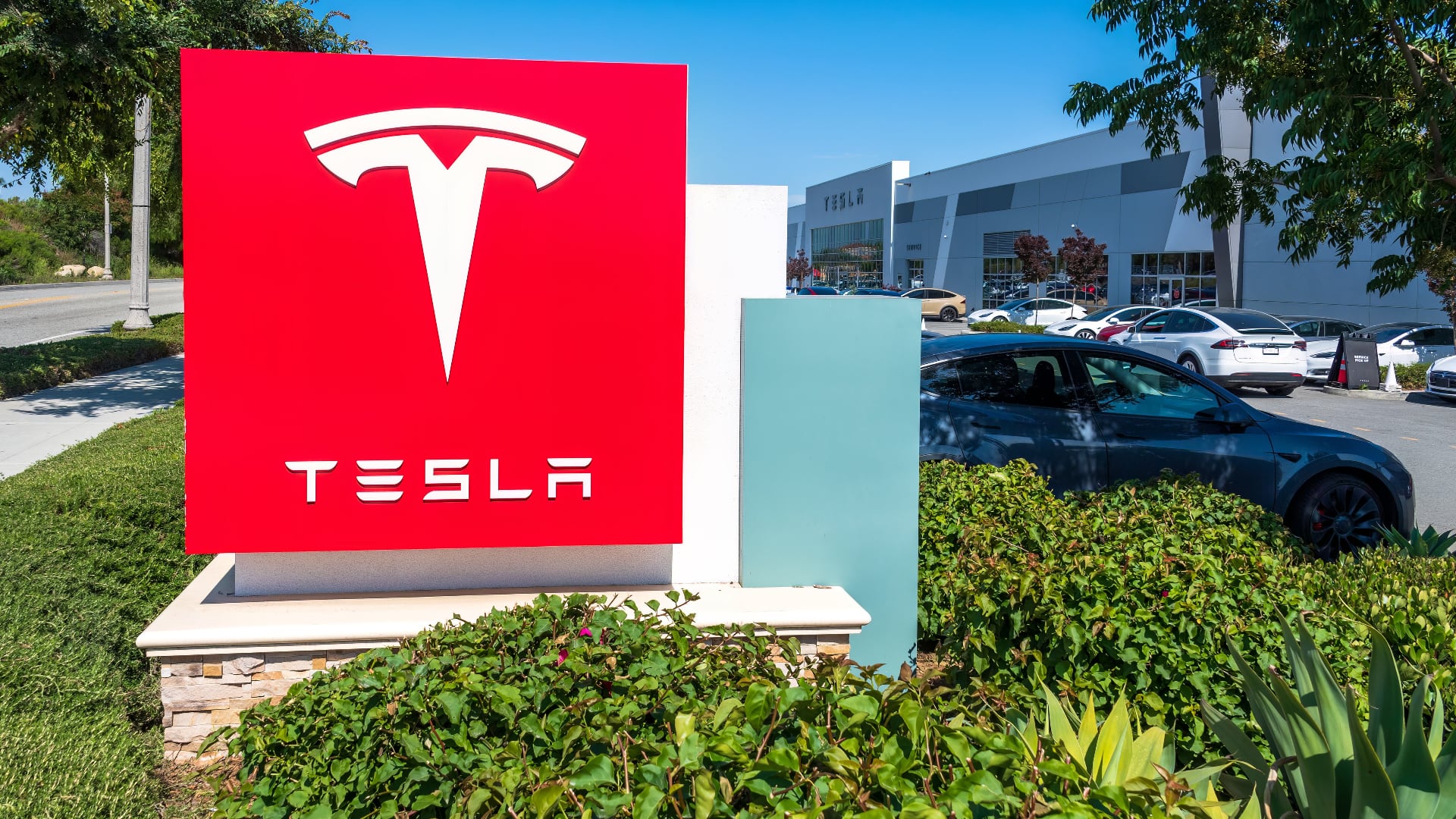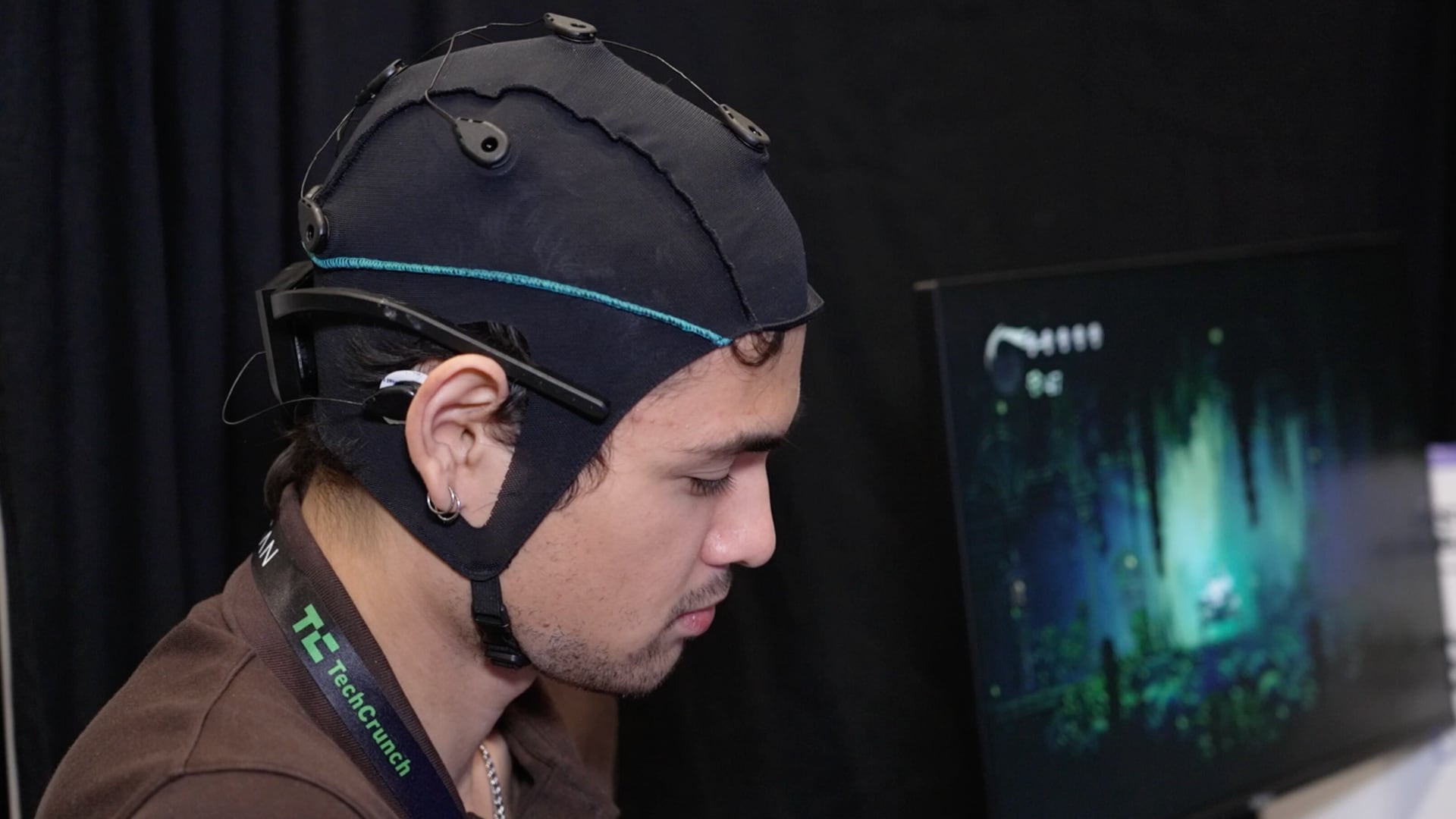PricewaterhouseCoopers (PwC), the global auditing and accounting firm, is using financial incentives to get its U.S.-based employees to take some long-overdue vacation time.
"This pandemic's been hard on everybody across the country no matter who it is," PwC U.S. CEO Tim Ryan told Cheddar. "We said to our people, as travel opens up, as you just take time to relax, we want you to take time off, and we want to incent you to do it."
The firm will provide an additional $250 to employees for every 40 hours of vacation time used. The bonus is a way to make sure employees are taking the time available to them.
"What you do with that time is up to you," Ryan added. "We just want you to take it."
In addition to the bonus, PwC provided company-wide pay raises in January and is planning another one for July. It also plans to restore bonus pools to pre-pandemic levels.
Topping off the new benefits is an additional week's worth of pay at the end of this month, which Ryan called a "thank you payment for our shared success."
A combination of financial success and employee feedback is driving the changes, said Ryan.
The company also surveyed its employees about nine months ago, asking them about their most significant concerns and needs.
"We try to tailor what we do to what is in the minds of our people, and that means frankly being humble enough to listen," he said.
Some employees prioritized time-off and pay raises. Others focused on improving their personal well-being after a bleak year.
For the latter group, PwC is offering employees free access to Ginger, an app providing on-demand mental health care services such as video therapy and coaching.
Ryan said 15 percent of employees currently use the app.
Elsewhere around the world, the accounting giant has taken similar steps to reward employees while helping them combat the fallout from the pandemic at the same time.
The company told its UK staff late last month that they can take off early on Fridays. It has also announced its commitment to more flexible schedules even after offices reopen.












